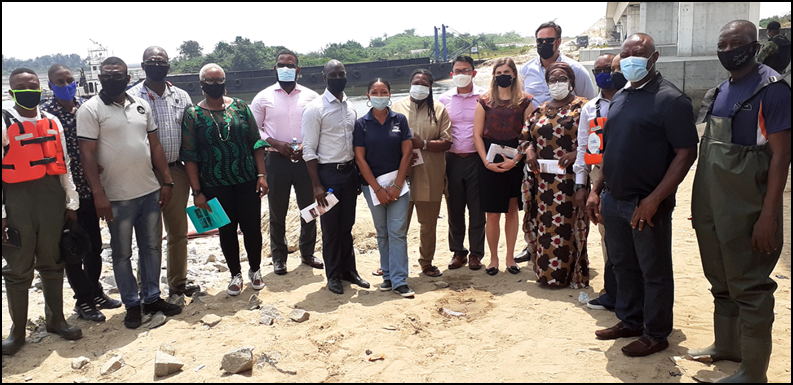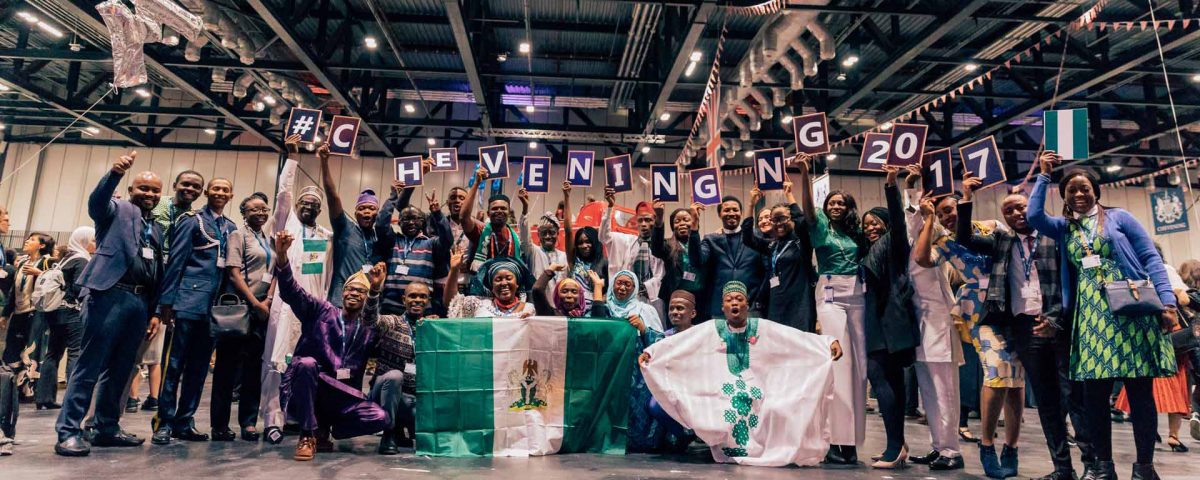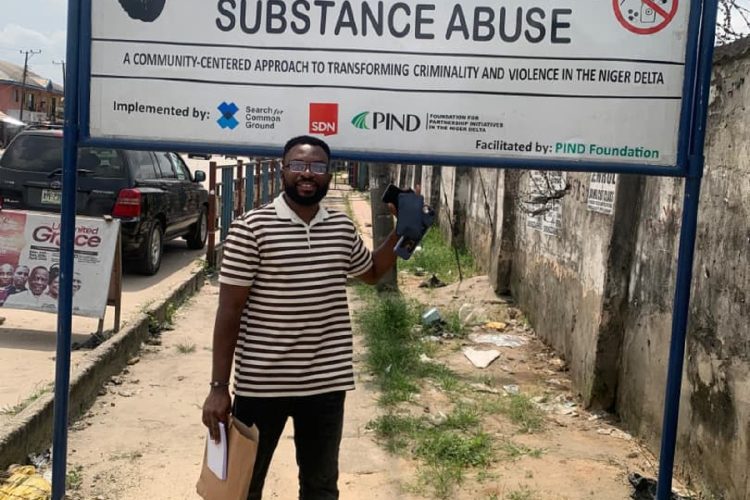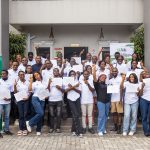
US Consulate Representatives Visit the Bodo Cleanup Project Site
February 22, 2021
[P4P Case Study] Building Resilience in the Niger Delta – A Grassroot Approach to Peace and Development in the Region
February 25, 2021
Terhemen Agabo
In the development field, it is widely believed that social and economic characteristics can be transferred within communities and households from one generation to another generation. This intergenerational transfer can be negative or positive. For instance, research evidence has shown that educated parents are more likely to educate their children. The logic is quite simple, educated parents are expected to have known and enjoyed the returns to education which includes high income and a better standard of living and will like their children to enjoy this benefit as well. Uneducated parents may have less value for education and as such may not be very keen to have their children educated. As such educated parents are more likely to transfer education to their children than uneducated parents.
Going in-depth, the argument for intergenerational transfers extends to some surrounding characteristics that keep parents and children born to them in a perpetual state of backwardness or a state of continued prosperity. Take for instance poverty. Can poverty be transferred from parents to Children? The answer is obvious- poverty can be transferred from one generation to another especially in the midst of certain conditions such as; the lack of education, poor access to healthcare, unemployment. Amid the mentioned conditions that surround poor people, it is expected that children born in such situations will also grow into poverty except there is an intervention to change the narrative.
A brief look at the health, education, and unemployment statistics. A 2020 report by Statista- a global data company- found that there are 3.8 doctors for every 10,000 Nigerians. This is grossly inadequate to cater to the health needs of the population. UNICEF report reveals that 10.5 million children in Nigerian aged 5-14 years are not in school and only 35.6% of children aged 35-59 months have access to early childhood education. While the Nigerian Bureau of Statistics reports that the unemployment rate has increased year on year from 10.4% in 2014 to 23.1% in 2018.
Terhemen Agabo: The Poverty Situation in Nigeria and Newton’s First law of motion
It is therefore not surprising that with poor access to health and education and rising unemployment the country has also witnessed a growth in the number of people living in poverty. Considering poverty figures, between 1980 and 2010 the number of poor Nigerians increased from 39.2 million to 112.47 million – exhibiting a growth rate of 153.6 % within the time frame (Nigerian Bureau of Statistics). Also, the World Poverty clock reveals that the number of Nigerians living in extreme poverty rose from an estimated 70 million in 2016 to 90 million in 2021. These statistics picture the growth of poverty from generation to generation in the country and until drastic policy actions are taken the situation will be worse.
Deliberate policy intervention
A deliberate policy intervention could come from the Nigerian government and or international organisations. At the moment, the Nigerian government is committed to the home-grown school feeding programs meant to encourage school attendance, thus improving educational attainment in the future. The government must also improve the provision of healthcare infrastructure in the country by increasing health expenditure.
The international community has been very benevolent to the country. Some international NGOs such as United Nations Development Programme, Danish Council, OXFAM, are leading education projects in communities with high numbers of out-of-school children in Nigeria.
In conclusion, the government must take the lead in the fight against poverty especially as to ensure that the future generation attain a better standard of living. On the other hand, partnership from the private sector and the international community will be also highly beneficial to the anti-poverty effort.
_____________________
Terhemen Agabo is a 2020 Chevening Scholar and Nigerian Development Economist with an interest in policy and development research in Africa. He has worked on projects with the French Development Agency (AFD) and Tony Elumelu Foundation (TEF) He currently writes from Brighton, United Kingdom. He can be reached via jusagabo@gmail.com









